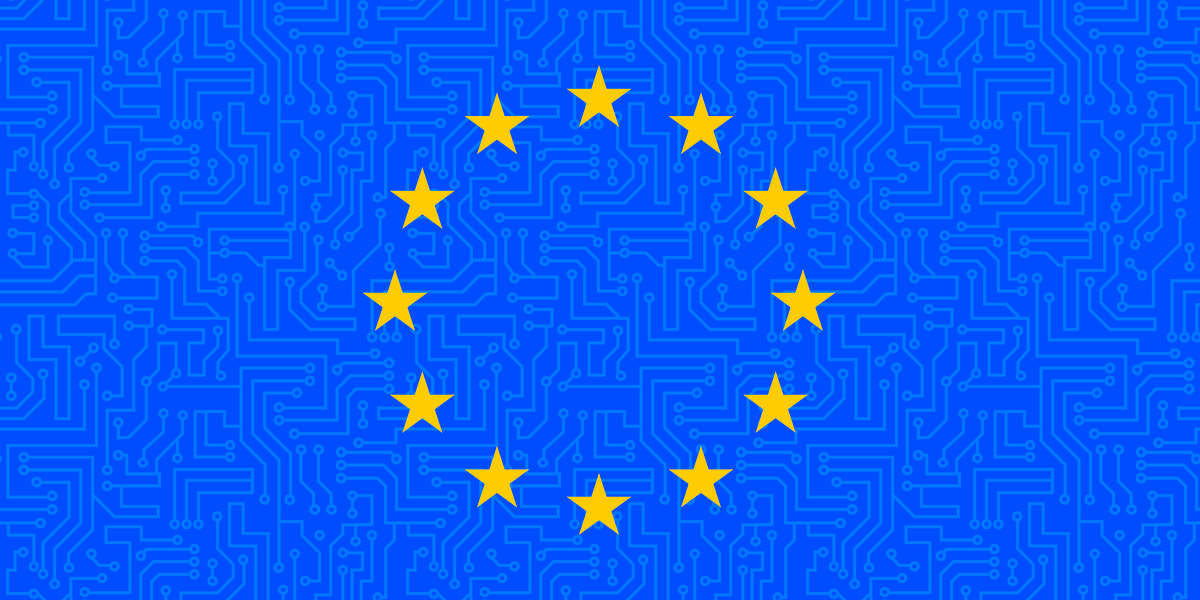EFF Legal Intern Alissa Johnson contributed to the writing of this blog post.
Earlier this month, the European Union Court of Justice ruled that harmonized standards are a part of EU law, and thus must be accessible to EU citizens and residents free of charge.
While it might seem like common sense that the laws that govern us should be freely accessible, this question has been in dispute in the EU for the past five years, and in the U.S. for over a decade. At the center of this debate are technical standards, developed by private organizations and later incorporated into law. Before they were challenged in court, standards-development organizations were able to limit access to these incorporated standards through assertions of copyright. Regulated parties or concerned citizens checking compliance with technical or safety standards had to do so by purchasing these standards, often at significant expense, from private organizations. While free alternatives, like proprietary online “reading rooms,” were sometimes available, these options had their own significant downsides, including limited functionality and privacy concerns.
In 2018, two nonprofits, Public.Resource.Org and Right to Know, made a request to the European Commission for access to four harmonized standards—that is, standards that apply across the European Union—pertaining to the safety of toys. The Commission refused to grant them access on the grounds that the standards were copyrighted.
The nonprofits then brought an action before the General Court of the European Union seeking annulment of the Commission’s decision. They made two main arguments. First, that copyright couldn’t be applicable to the harmonized standards, and that open access to the standards would not harm the commercial interests of the European Committee for Standardization or other standard setting bodies. Second, they argued that the public interest in open access to the law should override whatever copyright interests might exist. The General Court rejected both arguments, finding that the threshold for originality that makes a work eligible for copyright protection had been met, the sale of standards was a vital part of standards bodies’ business model, and the public’s interest in ensuring the proper functioning of the European standardization system outweighed their interest in free access to harmonized standards.
Last week, the EU Court of Justice overturned the General Court decision, holding that EU citizens and residents have an overriding interest in free access to the laws that govern them. Article 15(3) of the Treaty on the Functioning of the EU and Article 42 of the Charter of Fundamental Rights of the EU guarantee a right of access to documents of Union institutions, bodies, offices, and agencies. These bodies can refuse access to a document where its disclosure would undermine the protection of commercial interests, including intellectual property, unless there is an overriding public interest in disclosure.
Under the ECJ’s ruling, standards written by private companies, but incorporated into legislation, now form part of EU law. People need access to these standards to determine their own compliance. While compliance with harmonized standards is not generally mandatory, it is in the case of the toy safety standards in question here. Even when compliance is not mandatory, products that meet technical standards benefit from a “presumption of conformity,” and failure to conform can impose significant administrative difficulties and additional costs.
Given that harmonized standards are a part of EU law, citizens and residents of member states have an interest in free access that overrides potential copyright concerns. Free access is necessary for economic actors “to ascertain unequivocally what their rights and obligations are,” and to allow concerned citizens to examine compliance. As the U.S. Supreme Court noted in in 2020, “[e]very citizen is presumed to know the law, and it needs no argument to show that all should have free access” to it.
The Court of Justice’s decision has far-reaching effects beyond the four toy safety standards under dispute. Its reasoning classifying these standards as EU law applies more broadly to standards incorporated into law. We’re pleased that under this precedent, EU standards-development organizations will be required to disclose standards on request without locking these important parts of the law behind a paywall.



